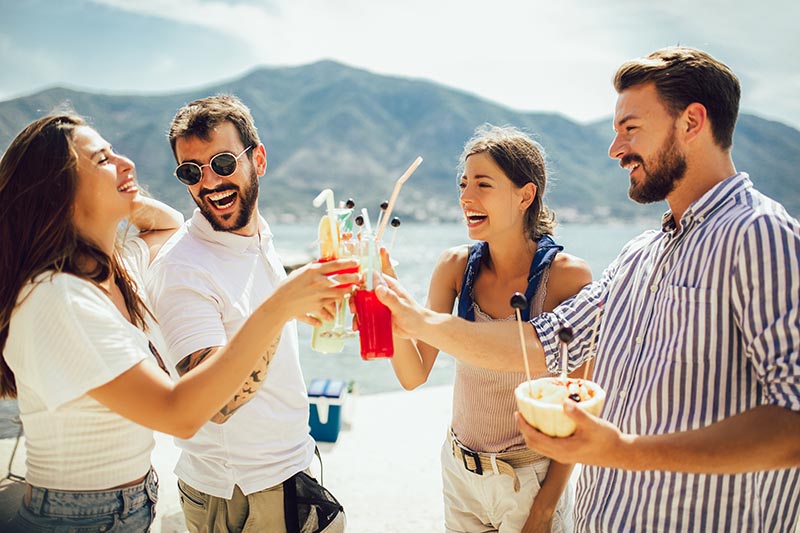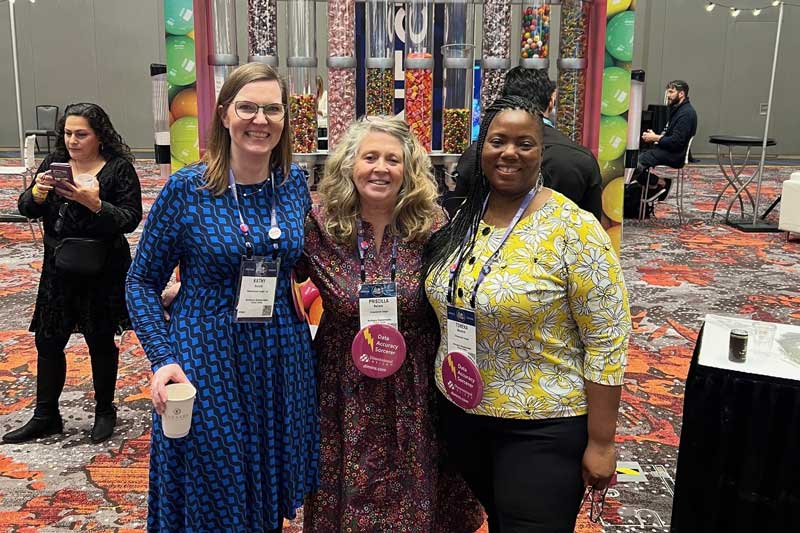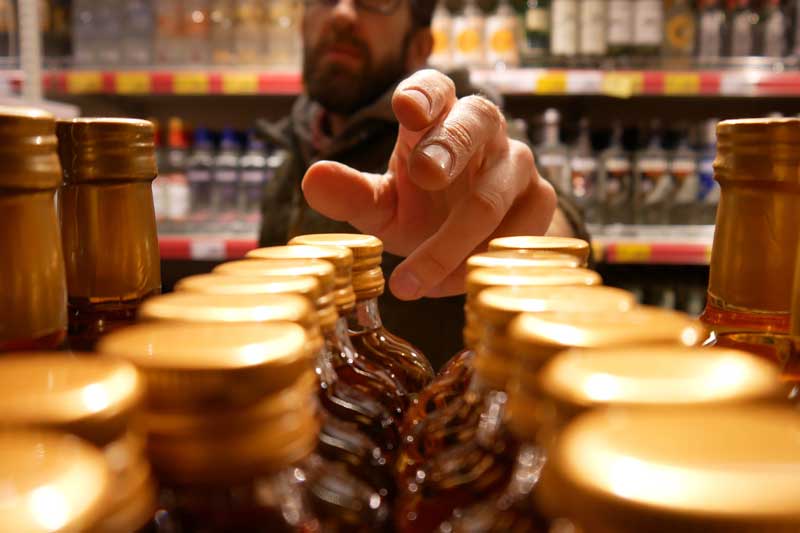The recent pandemic had an unprecedented impact on the U.S. wine and spirits industry, with many bars and distilleries having to reimagine their business models overnight. COVID accelerated many already-emerging trends, especially in the millennial demographic.
Compared to prior generations, millennials are more technically inclined, socially aware, and health conscious, all of which is reflected in their purchasing habits. In a recent webinar held by Dimensional Insight, industry experts discuss some of these habits and the effect they’ll have on the wine and spirits market over the next several years. Here are some of the key takeaways from the panelists.
Premiumization
Due to a greater focus on healthy living and general awareness of the products they’re using, millennials are turning to premium alcoholic beverages. A recent poll from CGA found that 64% of US consumers aged 21-34 and 52% overall are willing to pay extra for higher-quality drinks. This interest in healthy living has driven a significant increase in the sales of natural and organic wines and spirits.
Additionally, this trend extends to mixers and ingredients, with millennials demonstrating hyperawareness about labeling and what’s going into their drinks. To accommodate this, more and more brands are introducing options that contain reduced levels of sugar and alcohol.
Non-surprisingly, the demand for organic and natural products is also closely related to the recent interest in sustainable practices. Millennials want the brands they put their money behind to consider the environment in their production and share their overall values. Some distilleries are seeing a significant increase in sales after taking environmental initiatives like going carbon neutral and promoting climate change awareness.
“Experiences” over ”things”
Across all industries, millennials have demonstrated a preference for investing in unique and elevated experiences as opposed to buying objects. The craft nature of wine and spirits makes them ideally suited for this new trend in spending preferences.
Whereas alcohol tourism was once largely isolated to wine, millennials have started branching out and exploring the spirits industry in their search for novel authenticity. Many businesses are witnessing an increase in non-traditional drinking activities like distillery tours and whiskey dinners.
This desire for uniqueness and authenticity can also be seen in the products themselves, with millennials seeking out local flavors and purchasing from craft distilleries. Younger consumers care about where and how their drinks are produced and have a desire for a “story in a glass” experience. Businesses are also witnessing an increase of direct-to-consumer sales as millennials try to connect with their favorite producers.
Ready-to-drink is here to stay
Ready-to-drink sales saw a huge spike during the COVID-19 pandemic as consumers adapted to social distancing and tried to replicate the cocktail experiences they were missing at bars. According to the Distilled Spirits Council, ready-to-drink spirits sales increased by 125% over the past year, growing at a faster rate than any other category of alcohol.
Additionally, the millennial health and wellness trend generated a huge market for hard seltzers, growing a whopping 160.4% from 2019 to 2020, according to NielsenIQ. Not only are hard seltzers emerging as a drink of choice for many homes, but they’re also gaining serious traction in the on-premise market as consumers start returning to bars and restaurants.
With the onset of the COVID-19 pandemic, 35 states temporarily relaxed their alcohol laws and allowed the sale of cocktails-to-go. Now that the pandemic is finally winding down, 15 states so far have voted to keep these amendments permanently, indicating a new trend in how establishments connect with their customers.
Increasing technological expectations
Unlike their predecessors, millennials grew up surrounded by technology and social media. This means that millennials have higher expectations from businesses when it comes to stream-lined shopping and technological convenience. Businesses are expected to deliver instant service, instant shipping, and accurate product selection.
One of the greatest challenges for businesses targeting the millennial demographic is adapting to the multi-platform approach to shopping. Distributors and retailers must be able to fulfill orders through a variety of ecommerce channels (like telephone, app, web-site, Drizly, etc.) to meet the needs of their customers. Additionally, businesses have to optimize the many platforms their customers use for communication in order to maintain a record of dependability.
As of 2019, 90% of people aged 18–29 and 82% aged 30–49 use social media, according to Pew Research. Businesses can no longer ignore the growing role social media plays in modern commerce, with millennials now viewing an active online presence as a standard brand expectation. Marketing budgets are also now geared mostly towards Google and Facebook ads as traditional forms of media like print and radio lose favor in the younger generations.
Conclusion
The largest generation to date, millennials are taking over the beverage alcohol market and forcing businesses to adapt to their novel shopping trends. To learn more about this trend, you can view the complete webinar, “How Millennial Trends Are Changing Beverage Alcohol Sales & Marketing.”
- How Spirits Brands Can Improve Brand Loyalty with Data Analytics - January 30, 2024
- The Collapse of Herbl, and How Other Cannabis Distributors Can Avoid the Same Fate - January 24, 2024
- Top 5 Blog Posts of 2023 - December 28, 2023



